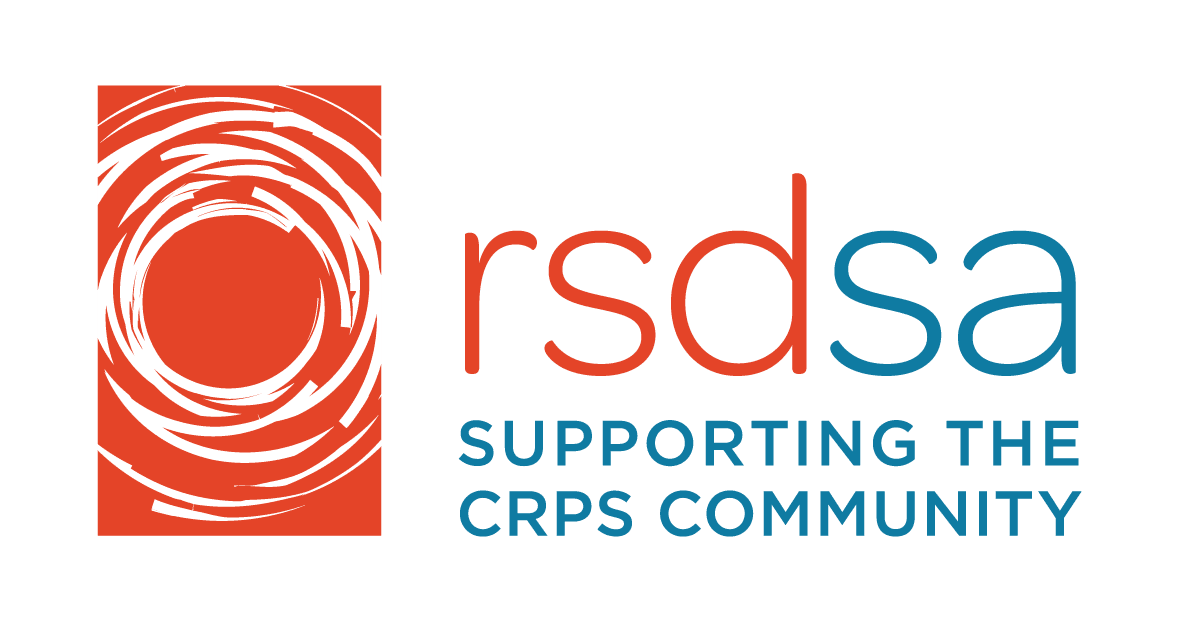Written by Jim Broatch, RSDSA’s Executive Vice President, Director
This month, RSDSA is partnering with The Coalition Against Pediatric Pain and The US Pain Foundation to co-sponsor a free camp for children living in chronic pain: THE CENTER FOR COURAGEOUS KIDS in Scottsville, Kentucky. The camp is July 14-17, 2015 for children ages 7-17. The goals of the summer camp are FUN, FUN, & FUN! It is the first time we have ever found a camp for children living in pain. The camp is totally FREE for all participants and a parent/guardian who will stay at the camp with his/her child. Please go to tcapp.org and fill out an application today!!! Space is still available. Act now before it is too late!
The recent June conference in Denver was an outstanding success. Our attendance topped 110 individuals and caregivers. One couple drove 14 hours from Arkansas to become more educated about current treatment options. Another traveled from Massachusetts! We are currently editing the presentations for viewing on our YouTube channel. We have uploaded 78 videos with more to come! Plans are underway to host the Integrated Solutions to CRPS in Cherry Hill, New Jersey on September 11, 2015 and in Orange, California on February 27, 2016. If you have any questions, please email Samantha Barrett at [email protected].
Bob Lane, a member of RSDSA’s Board of Directors has pioneered the development of a 1-credit hour CEU for nurses on Complex Regional Pain Syndrome (CRPS): Causes, Diagnosis and Treatment. If you are interested in teaching the course in your area, or want to see where a course may be coming next, please contact Bob Lane at [email protected].
RSDSA is also tackling the thorny issue on how individuals with CRPS are treated by Emergency Department (ED) staff when they go to obtain pain relief for an unbearable pain flare. The answer may be IV Ketamine. ED staff are very familiar with Ketamine, but not as a rescue agent for breakthrough neuropathic pain. We are exhibiting at the American College of Emergency Physicians in October to “broach” this intervention.
In the CRPS research arena, RSDSA via its International Research Consortium (IRC) has recruited over 35 established and productive CRPS clinics around the world to join the IRC. The IRC wants to encourage multi-center clinical trials of novel therapies. Just planting a seed of hope!
The RSDSA Board of Directors in May approved a pilot genetic study of CRPS. This project will address a fundamental question regarding CRPS: Why do some individuals develop CRPS and others do not despite experiencing similar injuries? Specifically, this project will examine whether individuals who develop CRPS differ from those who do not in terms of a wide array of genetic differences (in DNA), differences in how genes are expressed, differences in the proteins that make up the body, and differences in how chemicals are metabolized by the body.
This project will examine a vast amount of highly detailed genetic, protein-related, and metabolism-related information collected as part of a previously completed Department of Defense research study of 116 military veterans experiencing pain following traumatic injuries that required limb amputation. This information has never previously been examined. Study patients have been categorized as having CRPS, non-CRPS residual limb pain, or no limb pain. The study will examine whether development of CRPS rather than non-CRPS limb pain (or no pain) after amputation is linked to genetic differences in broad regions of the DNA sequence never previously explored in terms of CRPS risk.
It will also examine whether CRPS risk is related to differences in how a broad array of genes are expressed, as well as differences in proteins or metabolism. The study will additionally test whether severity of CRPS symptoms is associated with these genetic or other factors. This project will provide highly detailed information on a range of potential risk factors for developing CRPS that have never previously been examined. Results may help provide new directions for future research seeking to understand the mechanisms of CRPS and potentially suggest new possibilities for treatment of CRPS.
It is a very exciting and hopeful time for RSDSA and the CRPS community. Stay tuned! Don’t forget to follow us on all of our social media platforms for live updates:
Twitter: @rsdsa
Facebook: facebook.com/rsdsa
Instagram: @rsdsa_official
YouTube: youtube.com/user/RSDSAofAmerica
